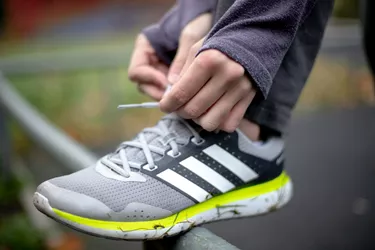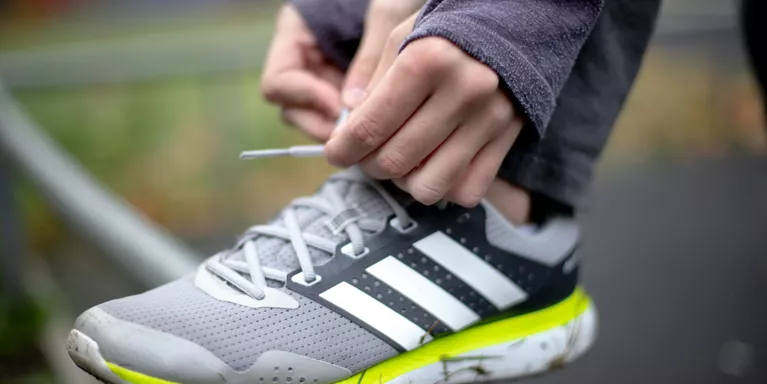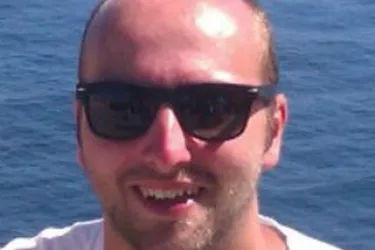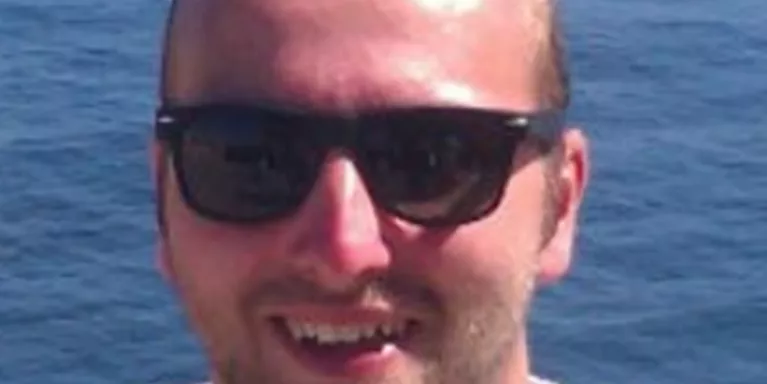Dance music, marathons and the Percolate fundraiser
The dance music industry, like any other, has its issues related to mental health, something that Mind marathon runner Jim has witnessed first-hand living with depression and acute anxiety. Here, Jim reflects on his recent fundraising, and his plans to go even further.
We all know music is a great healer, and within the music business we find that the one constant source of salvation and hope we have also has the power to pull us apart. You can only really succeed if you truly love, commit to, and care for what you do, and this of course can highlight our vulnerabilities. As a booking agent for DJs and musicians, I am responsible for the careers of people I believe in and respect - thus creating this pressure cooker of self-affirmation and depreciation.
Mental health has always been an issue bubbling under the surface in dance music culture and within my capacity as an agent I have seen artists, managers and people from most other roles battle with mental health in one form or another. The pressure is immense and your position is always precarious – you could lose it all overnight, and people do.
Both artists and executives care deeply about what they do, and to open yourself up to the public within such an emotive medium leaves us vulnerable to rejection, misinterpretation and, in places, very public criticism. It’s a life of peaks and troughs – one day you want nothing more than to disappear, the next you’re unbeatable. The environment itself can be an issue, too. Although nothing like the pressures of public perception, one can easily find themselves exposed to the excesses of touring life, a treacherous world to the more vulnerable amongst us.
I struggled with depression for around 10 years, spending periods in therapy and receiving medical treatment. However, things went from functional to unmanageable following my father’s suicide in 2010, who also suffered from a myriad of mental health issues. I developed acute anxiety, and at the worst point was having 3 panic attacks a day. The people closest to me suffered a lot and this only amplified the anxiety. Everything was a potential trigger, from getting the bus to watching game shows on TV.
"After a year of group CBT and one-to-one counselling I had a grip on things."
I was very concerned about how this problem would affect my job. I was just starting to make some headway as an agent, and I was terrified that I would be thought of as weak and not in control - I used to go and hide in the car park outside my office if I thought I was having an attack. However, things got to the point where, if anything, my job would have been in jeopardy had I not opened up about my mental health. I told my boss everything, and my preconceptions couldn’t have been more wrong. He was totally supportive, understanding and encouraged me to go back into therapy. After a year of group CBT and one-to-one counselling I had a grip on things, understood the route of my issues and was making great progress. I had the tools to identify the triggers and control them - I had my life back to a certain extent.
I had always been a keen runner too, and decided to get back in to long distance running with exercise being a great tool in combating anxiety. The short jogs around the block turned in to disappearing for hours on end. I was able to find a place that my counsellors had spoken of many times but had evaded me up until this point – I had found a way to live in the present, if only for a short time.
"The plan is to focus on my industry and draw attention to an issue that had been the elephant in the room for too long."
I found out about Mind and the work they do through a close friend who works for the charity. The work they do really resonated with me as the biggest battle for me during my experiences was understanding that I wasn’t just ‘feeling sorry for myself’ – realising that I had an illness and taking the steps to get help. I ran my first marathon for Mind in October of last year, and signed up for the London Marathon with the plan to focus on my industry and draw attention to an issue that had been the elephant in the room for too long. One of the results of this plan was the fundraiser that took place two weekends ago – an idea that grew beyond expectation.
Whilst attending a show I had discussed the idea of putting on a small club event with the event promoters, Percolate – a hundred or so people aimed at my peers, nothing too extravagant. The following week they got in contact and said they wanted to come on board, so we discussed further. We got to work and made some enquiries, and the response was nothing short of phenomenal. After approaching artists, their managers and some venues we found ourselves in partnership with Oval Space, one of the UKs best clubs, with a line-up of DJs that would rival any festival stage. The support was humbling beyond words, and more than we ever could have imagined. It was clear that people were aware of how relevant Mind is to the issues we face as an industry and wanted to make a difference.
The response from the public was beyond all our expectations, too. 1,000 people flooded into the venue on a Sunday afternoon for a day of dancing. I have worked in this industry for over 10 years and I don’t think I’ve ever seen such a wonderful atmosphere at a show. There was a connection between the DJs and the crowd that ran a little deeper than usual - affirmation that music was an escape we all valued above nothing else and we were all in this together.
After such an incredible response, we’re keen to take things further, and we’re now in talks for the event to become an annual fundraiser not only in London, but in two other UK cities to be held on the same night in February 2017. As for the running, I’ve definitely caught the bug, and will be running my first 60 mile Ultra Marathon in September.
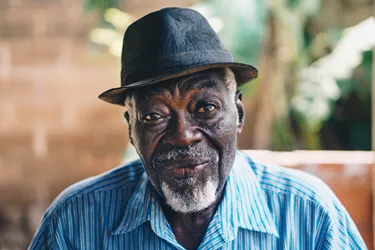

Information and support
When you’re living with a mental health problem, or supporting someone who is, having access to the right information - about a condition, treatment options, or practical issues - is vital. Visit our information pages to find out more.
Share your story with others
Blogs and stories can show that people with mental health problems are cared about, understood and listened to. We can use it to challenge the status quo and change attitudes.














